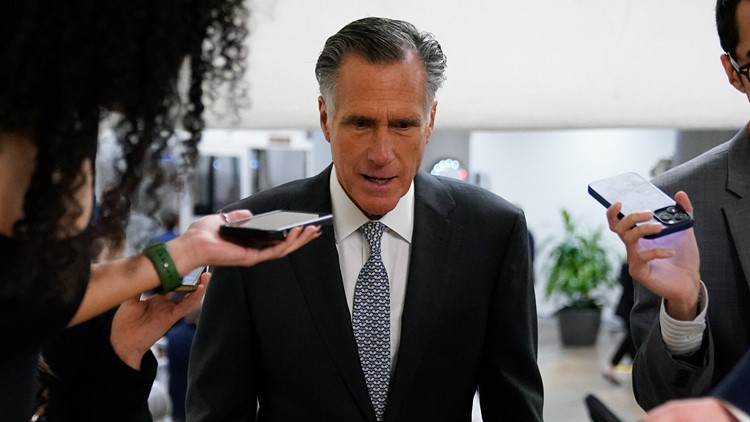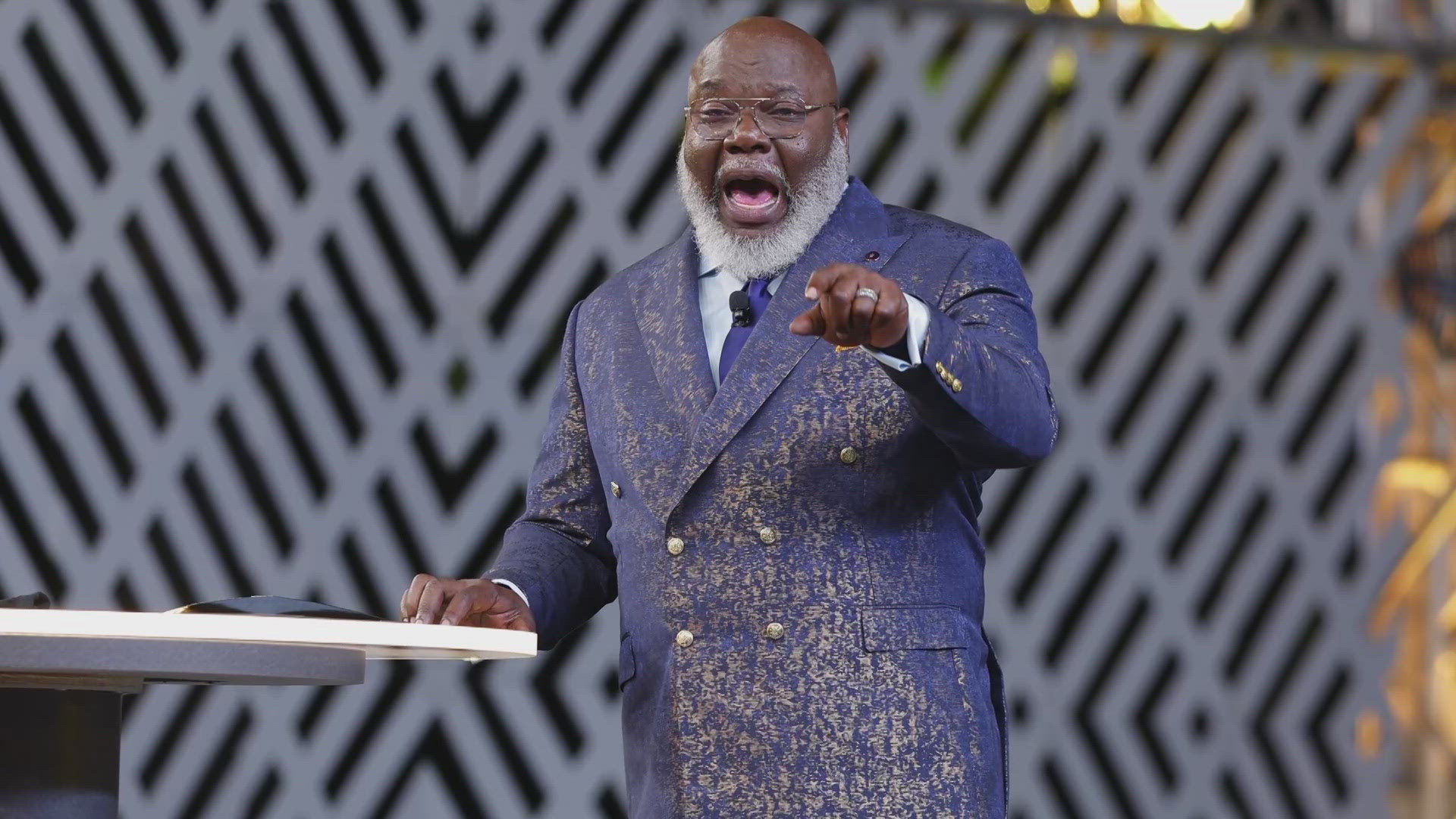WASHINGTON — The Senate is set to vote Tuesday on legislation to protect same-sex and interracial marriages, putting Congress one step closer to ensuring that such unions are enshrined in federal law.
Senate Democrats are moving quickly, while the party still holds the majority in both chambers of Congress, to pass the bill requiring that such unions are legally recognized. The House would still have to vote on the legislation and send it to President Joe Biden's desk.
The bill has gained steady momentum since the Supreme Court’s June decision that overturned the federal right to an abortion, and comments from Justice Clarence Thomas at the time that suggested same-sex marriage could also come under threat.
A test vote Monday evening moved the legislation closer to passage, with 12 Republicans who have previously supported the bill voting again to move it forward. Democrats set up a Tuesday afternoon vote after Republicans negotiated votes on three amendments to protect the rights of religious institutions and others to still oppose such marriages.
Passage of the Respect for Marriage Act, as it is called, would be a major victory for Democrats as they usher out their two years of consolidated power in Washington, and a massive win for advocates who have been pushing for decades for federal legislation legalizing same sex marriages.
While it would not codify the Supreme Court’s 2015 Obergefell v. Hodges decision that legalized gay marriage nationwide, it would force states to recognize all marriages that were legal where they were performed. It would also protect interracial marriages by requiring states to recognize legal marriages regardless of “sex, race, ethnicity, or national origin.”
“We know that for all the progress, though, we’ve made on same-sex marriage, the rights of all married couples will never truly be safe without the proper protections under federal law, and that’s why the Respect for Marriage Act is necessary,” Majority Leader Chuck Schumer, D-N.Y., said on the Senate floor ahead of Monday’s vote.
The votes come as recent polling has found more than two-thirds of the public supports same-sex unions. But Congress has been slower to act. Most Republicans oppose the legislation, and some conservative groups have been lobbying against it, saying it is unnecessary and citing concerns about religious liberties. Democrats delayed consideration until after the midterm elections, hoping that would relieve political pressure on some GOP senators who might be wavering.
A proposed bipartisan amendment to the bill, negotiated by supporters to bring more Republicans on board, would clarify that it does not affect rights of private individuals or businesses that are already enshrined in law. Another tweak would make clear that a marriage is between two people, an effort to ward off some far-right criticism that the legislation could endorse polygamy.
The eventual support from twelve Republicans gave Democrats the votes needed to overcome a filibuster in the 50-50 Senate. Maine Sen. Susan Collins, North Carolina Sen. Thom Tillis and Ohio Sen. Rob Portman supported the bill early on and lobbied their GOP colleagues to support it. The other Republicans who voted for the legislation were Sens. Richard Burr of North Carolina, Todd Young of Indiana, Shelley Moore Capito of West Virginia, Mitt Romney of Utah, Joni Ernst of Iowa, Roy Blunt of Missouri, Cynthia Lummis of Wyoming and Lisa Murkowski and Dan Sullivan of Alaska.
The growing GOP support for the issue is a sharp contrast from even a decade ago, when many Republicans vocally opposed same-sex marriages. The legislation passed the House in a July vote with the support of 47 Republicans — a larger-than-expected number that gave the measure a boost in the Senate.
“It’s notable that the Senate is having this debate to begin with,” Schumer said, adding, “A decade ago, it would have strained all of our imaginations to envision both sides talking about protecting the rights of same-sex married couples.”



